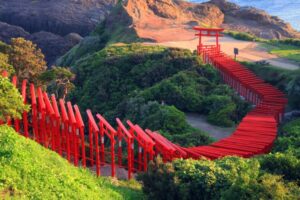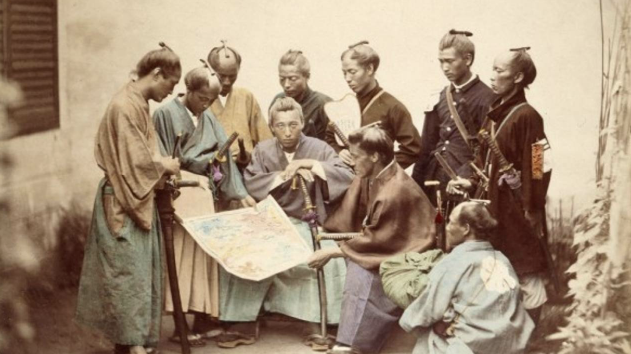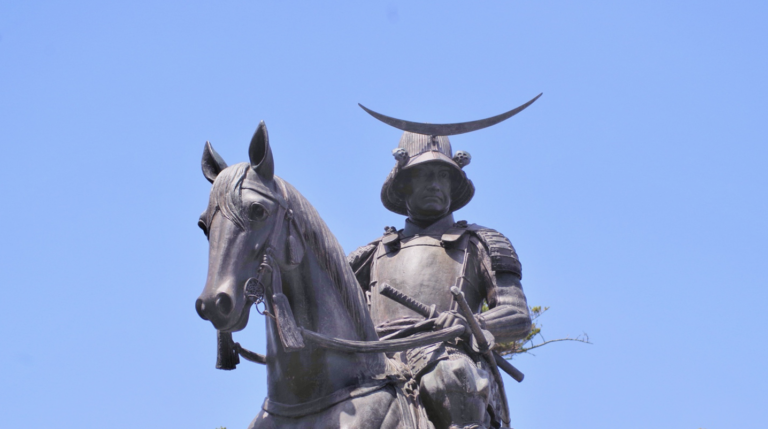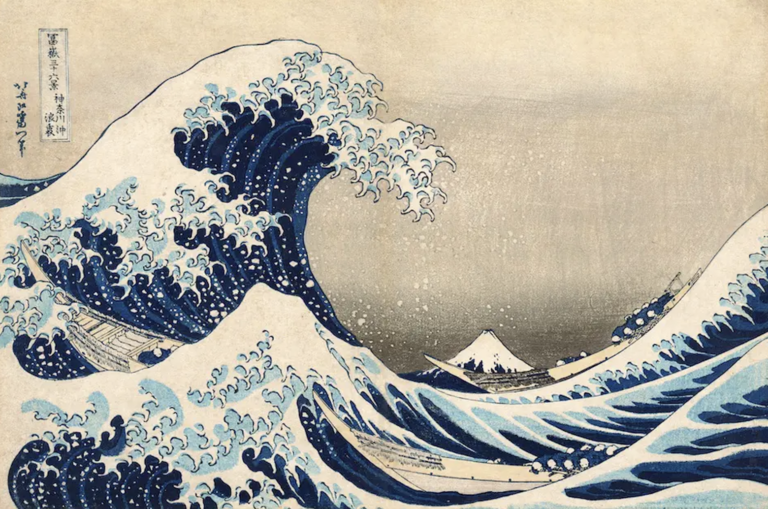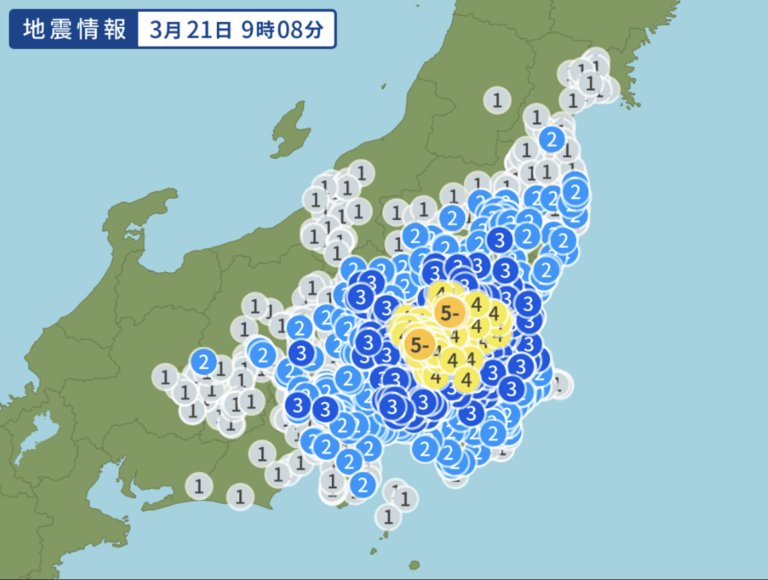The mystery of Shinto. Is it really a religion?
Shinto: Like a religion, but not a religion.
Although Japan does not have a nationally defined religion, Shintoism, centered on the emperor, is one of the country’s most important religions. But the interesting thing is that it is not a religion, strictly speaking.
In this article, I would like to look at some of the wonders of Shinto.
A religion that does not teach
Other religions have doctrines or scriptures. In other words, they state how you should live your life. These teachings are also the teachings of God, but Shinto does not have scriptures like the Christian Bible or Buddhist teachings. Buddhism has various teachings, but Shinto has no basic teachings.
No heaven or hell
Many religions define the afterlife in terms of heaven and hell and encourage people to live righteously. However, in Shintoism, there is no heaven or hell. There is a land of the dead, and there is a place where gods live called “Takamagahara,” but humans do not go to Takamagahara, and whether we do good or bad things, we end up in the same place, the land of the dead.
Some religions say that God punishes people for doing bad things, but in Shintoism, the gods do not punish people.
There is no founder
Other religions have founders, such as Buddha in Buddhism, Jesus Christ in Christianity, and Muhammad in Islam, but not in Shinto. It was born spontaneously. The lack of scriptures and doctrines can be attributed to this.
The purpose is to live in harmony with nature
Japanese art, houses, town planning, and work all often conjure up images of pandering to nature. Shinto encourages people to live with nature, but in Japan, there was no distinction between “nature” and “self” in the first place.
The word “self” was added to the Japanese language after it was introduced to Japan during the Meiji period (1868-1912) when the samurai period ended. Before that time there was no distinction between nature and oneself; they were considered the same.
So Shinto, which tells us to live with nature, is not a religion; it just tells us to live like Japanese people.
The object of worship is nature itself
Shinto is based on Japanese mythology, but the deities that appear in it are not the objects of worship. The object to be worshipped in Shintoism is called “go-shintai,” which differs from shrine to shrine, and is often a natural object, such as a mountain or a very old tree.
There are no such things as Buddhist or Christian statues, and there is no prohibition of idolatry as in Islam.
Why do you think the Japanese are not religious?
Since Shinto is characterized by a complete lack of such compulsion, Japanese people do not even feel that they believe in a religion.
Shrines are the place of Shinto worship, and the number of people who visit shrines each year is greater than the number of Muslims who make the pilgrimage to Mecca.
And then there is the famous John Lennon song, “Imagine”. In this song, he refers to a peaceful world without religion, which was inspired by his visit to Ise Jingu, the central shrine of Shintoism.
The Shinto Way of Thinking from the Concept of “Tao” (the way)
In Japan, many words mean “the way”. Calligraphy, tea ceremony, kendo, judo, bushido. These are all professional paths. Each of these “paths” has a master, and each path leads from the master’s teachings to independence at the end.
The way to proceed along the path is based on the concept of “shuhari,” which is an explanation of the order in which to proceed along the path:
Protect: First, thoroughly adhere to the master’s teachings.
Break: Next, break the form of the master’s teachings a little and create your own form.
Renunciation: Leave the master’s teachings and follow your own path.
This is how one becomes independent, the “way.”
Shinto is the same way, a path to find one’s right way of life. It is characterized by the fact that any restrictions like other religions do not bind it.
Shinto should be combined with rice cultivation
Rice cultivation is also significant for Shinto. Although it disappeared after the war, every year in November, the Niiname Festival is held to celebrate the newly harvested rice, and the emperor is at the center of the festival.
Even today, the honorarium for praying at a shrine is called “hatsuhoryo”, which means to offer the first rice harvested that year to the gods.
Although initial preparation for rice cultivation in paddy fields is difficult, it is relatively easy to stabilize the crop afterwards, and the stabilization rate is 10 times higher than in the field. As a result, the poverty gap is smaller than in countries where fields were the basic industry. One might say that the Japanese were relatively calm because their culture was based on rice cultivation.
Incidentally, sake was also created by a woman at a shrine, a “miko”.
The idea is pervasive, even though it’s not learned.
Almost no Japanese have ever learned the teachings of Shinto. This comes as no surprise since there are no scriptures or teachings to begin with.
But I think the reason why people say that Japanese people have good manners is because this Shinto philosophy is ingrained in them.
It is by no means a matter of DNA, but rather that they do not separate self and others (self and others, self and the world, self and nature) and consider them as one connected entity, resulting in the ability to act without causing trouble to others.
The fact that diplomatic relations are less likely to occur frequently with neighboring countries because they are located across the sea (despite not being too far away), and the original limited interaction with different cultures is another condition for preserving uniqueness.
If one of those conditions were lacking, spontaneous unification would be difficult to achieve, and it would be necessary to unify the country through religion, politics, and so on. Since these conditions were met in Japan, it can be said that unification was possible without restrictions.
みなさん、この説明を聞いていただいた後に質問をしたいのですが、神道は宗教だと思いますか?
After reading this article, I would like to ask you a question: Do you think Shinto is a religion?
ABE KENGO


